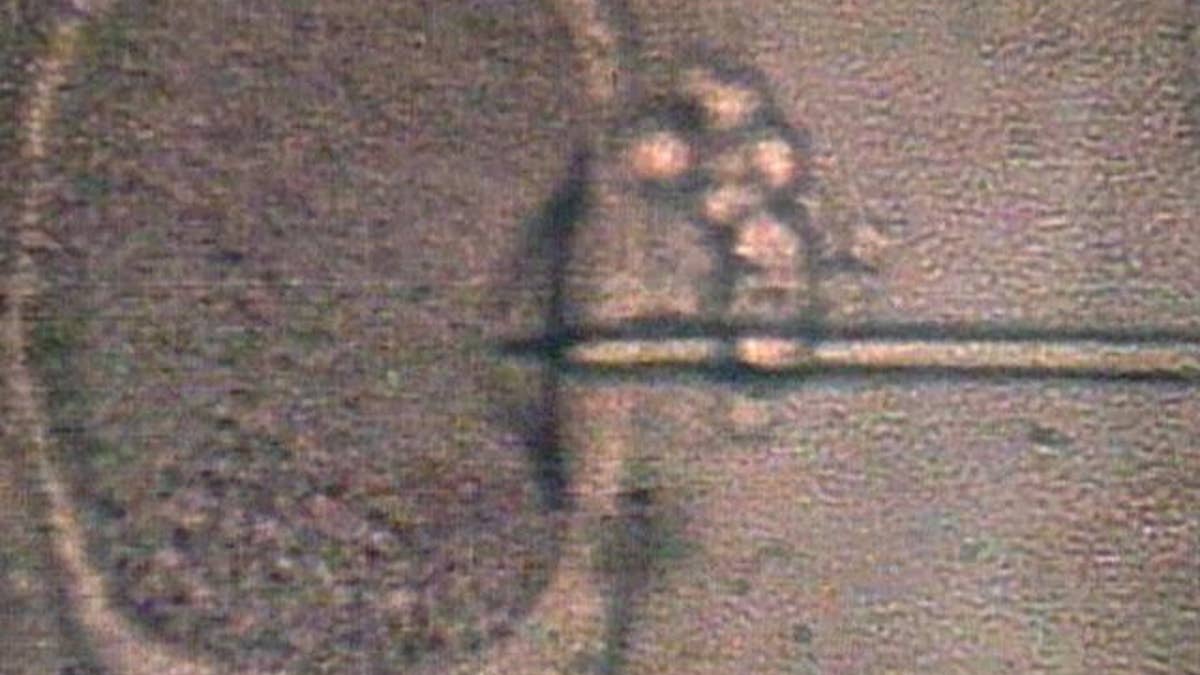
A new study suggests that women undergoing fertility treatment are not at an increased risk of developing breast cancer. The study, published Tuesday in JAMA, compared the rates of breast cancer in women who have undergone in vitro fertilization (IVF) with women who have not.
IVF is a form of assisted reproductive technology (ART) that refers to the process of fertilization by manually combining an egg and sperm in a laboratory and then transferring the embryo to the uterus.
Exploring whether decreased estradiol and progesterone levels along with strongly elevated hormone levels would increase the risk, researchers at the Netherlands Cancer Institute assessed more than 19,000 women who began IVF treatment between 1983 and 1995, and nearly 6,000 women who underwent other fertility treatments between 1980 and 1995. The median age of follow-up for the IVF group was 54, while the other group was 55.
In total, 839 cases of invasive breast cancer and 109 cases of in situ breast cancer occurred in the more than 25,000 women involved in the study. Using data from the Netherlands Cancer Registry, researchers concluded that the breast cancer risk in IVF-treated women was not significantly different than the group who underwent other fertility treatments, nor from the general population. The risk also did not differ by type of fertility drugs, and was not increased at 20 or more years after fertility treatment.
In fact, researchers found women who underwent seven or more IVF cycles had a decreased risk of breast cancer than those who underwent one to two cycles.
“The findings are consistent with the absence of a significant increase in the long-term risk of breast cancer among women treated with these IVF regimens,” study authors wrote, according to a press release.
